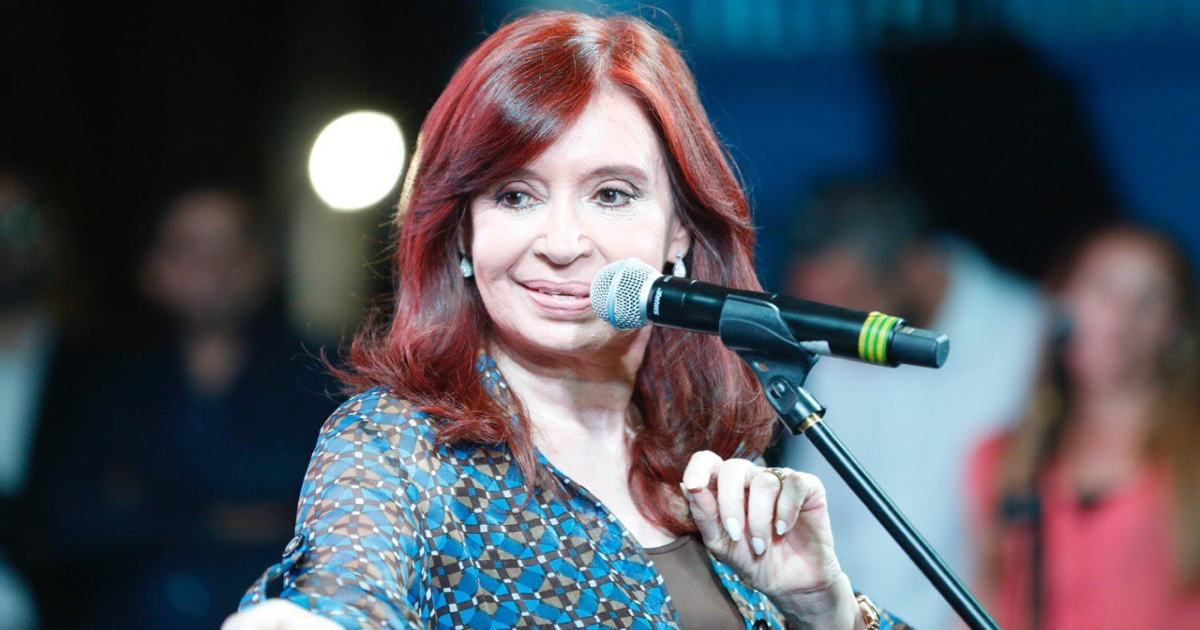On Tuesday, Argentina's highest court solidified the corruption conviction against former President Cristina Fernández de Kirchner in the Vialidad case. As reported by Argentina's Clarín, the ruling upholds a six-year prison sentence issued in 2022, alongside a ban from holding public office, effectively barring her from running in upcoming elections. "The Supreme Court has confirmed the Vialidad case conviction, and Cristina Kirchner will face imprisonment for corruption," highlighted the news outlet.
The judgment outlines a "corruption machine" where the ex-president played a "central role," evidenced by her "promiscuous and corrupt ties" with businessman Lázaro Báez, according to the source. The nation's highest court dismissed Kirchner's defense arguments, as she had pointed to the Chief of Staff for administrative accountability during the trial.
The ruling clearly stated that the evidence "establishes Cristina Fernández de Kirchner’s criminal responsibility." The judged actions involve the systematic awarding of 51 public road construction contracts in Santa Cruz province from 2003 to 2015, primarily granted to companies linked to Lázaro Báez. The business group's economic growth, closely tied to these contracts, served as key evidence of the fraudulent scheme.
The court found that fundamental principles of transparency and competition had been deliberately bypassed for years, favoring Báez's companies with early payments and preferential treatment, while neglecting the monitoring of project progress. According to the judges, this was a "fraudulent maneuver of unprecedented magnitude," orchestrated through the legal system for illicit purposes.
The Court of Cassation, which had earlier upheld the conviction before the supreme ruling, went even further, describing the case as one of Argentina's most severe corruption incidents due to its scale and the high-ranking officials involved. The tribunal noted that the then-president ignored legal warnings when signing decrees, such as Decree 54/2009, that facilitated the corruption network.
Additional accusations of bid-rigging and WhatsApp messages found on former official José López's phone revealed coordination with Báez during the closing months of Kirchner's administration. The judges asserted there was a "Clean Everything Plan," suggesting that Kirchner, Báez, and López sought to erase incriminating evidence as they exited power. Some of the embezzled funds allegedly ended up in businesses linked to the Kirchner family, according to the ruling.
"The tragedy of this scheme," the Chamber concluded, "is that it benefited a select few while leaving a barren landscape for the many. That is the real harm inflicted by former presidents of Argentina and their officials."
In March, the United States government announced sanctions against Cristina Fernández de Kirchner and former Federal Planning Minister Julio De Vido due to their involvement in corruption during their time in office. Secretary of State Marco Rubio stated in an official release that the designation, made under Section 7031(c) of the State Department, bars both Kirchner and De Vido, along with their immediate families, from entering the United States.
Key Questions on Cristina Kirchner's Conviction
What was Cristina Kirchner convicted for?
Cristina Kirchner was convicted for corruption in the Vialidad case, involving the fraudulent allocation of public works contracts.
What were the consequences of her conviction?
She received a six-year prison sentence and a ban from holding public office, preventing her from future candidacies.
How did the US respond to Kirchner's corruption case?
The United States imposed sanctions on Cristina Kirchner and former minister Julio De Vido, barring them and their families from entering the country.
